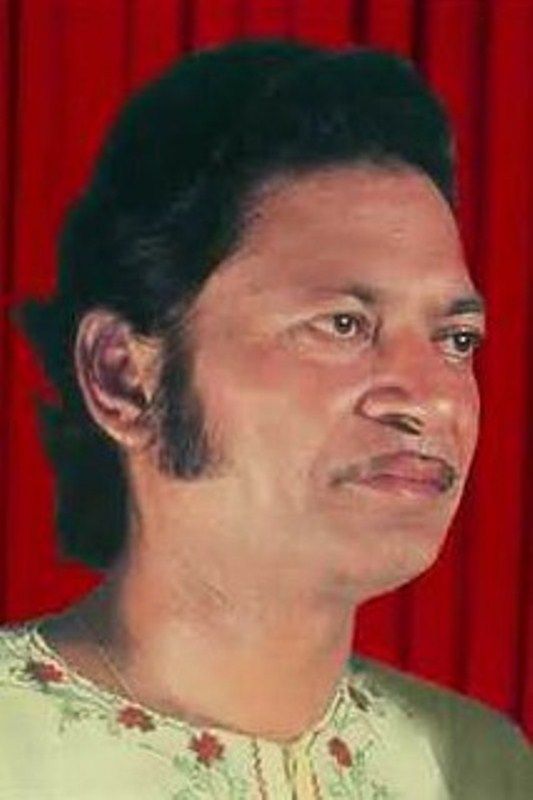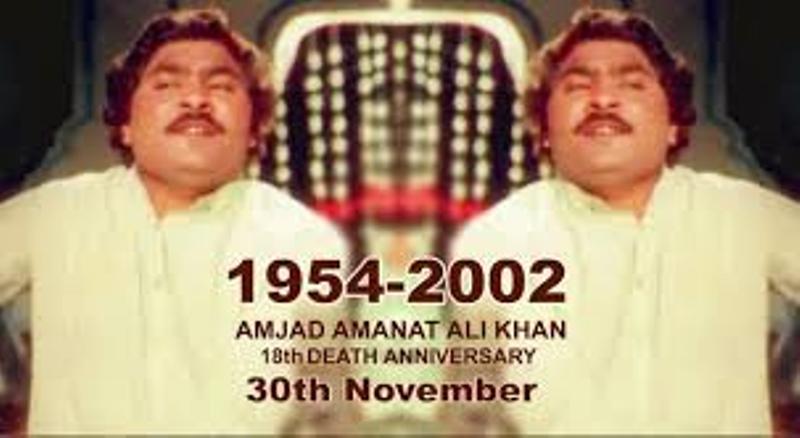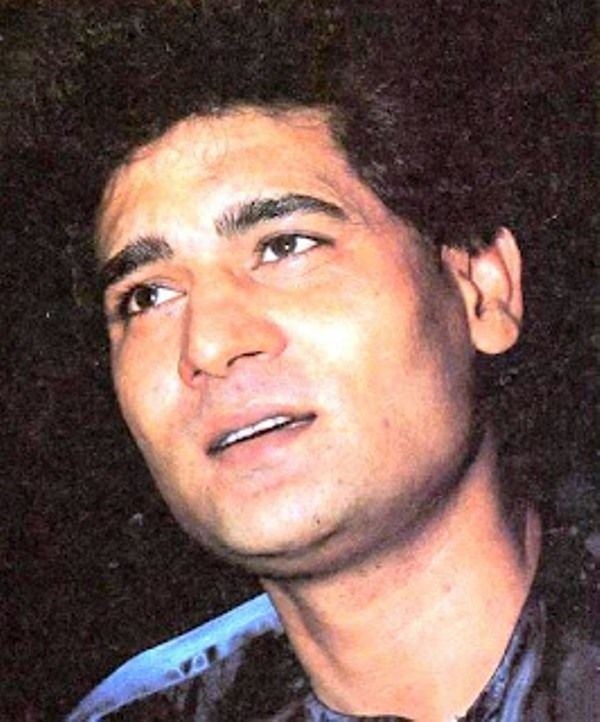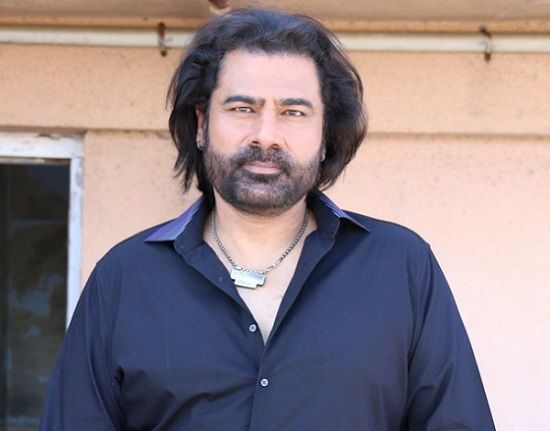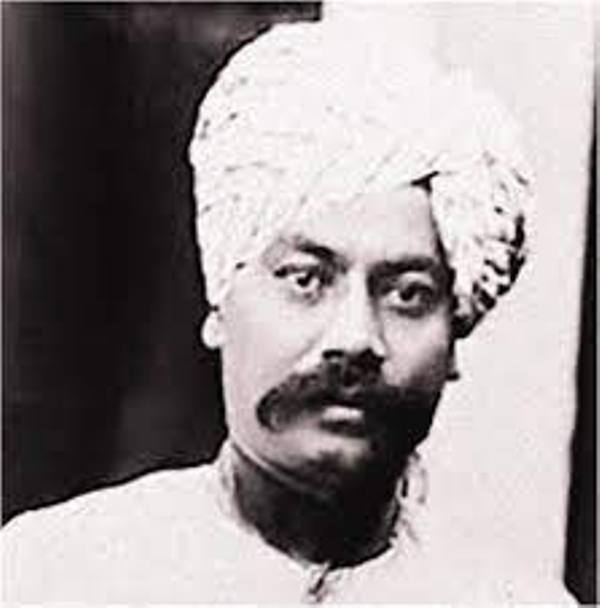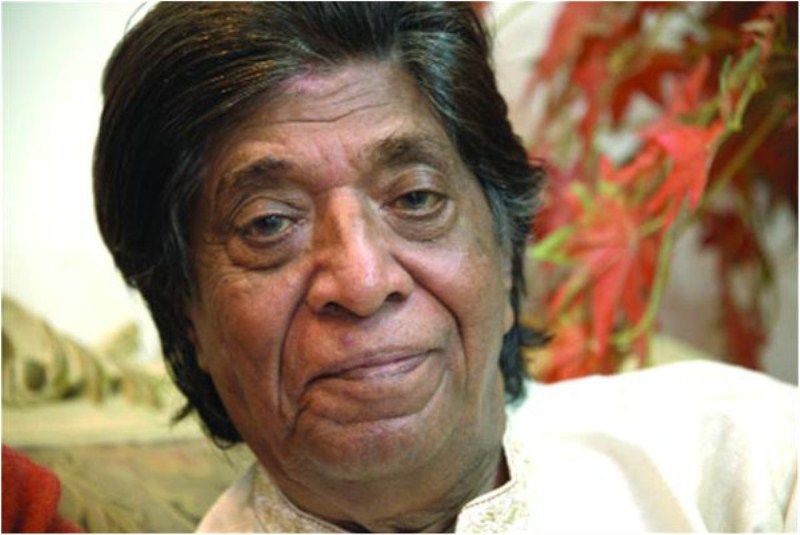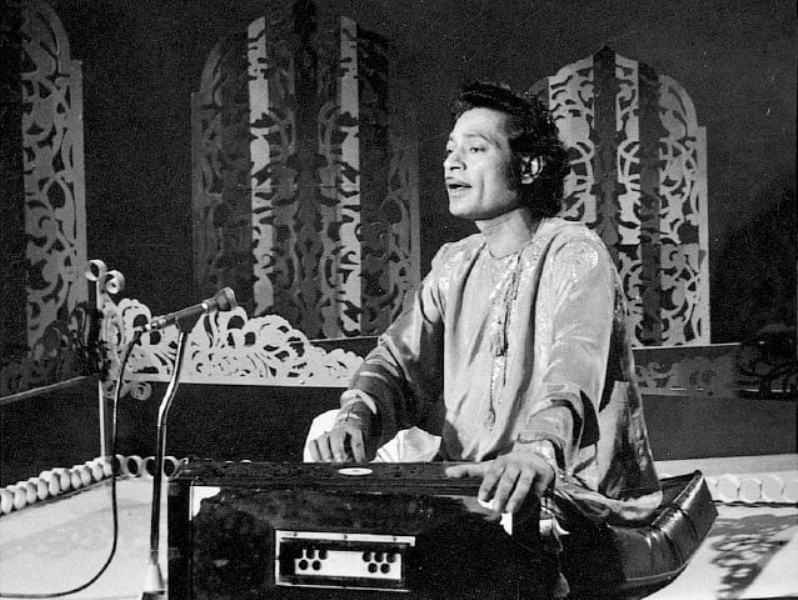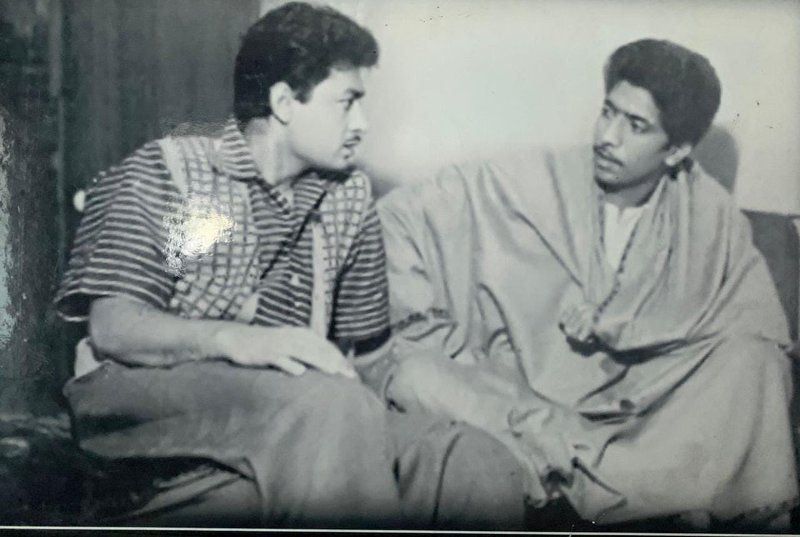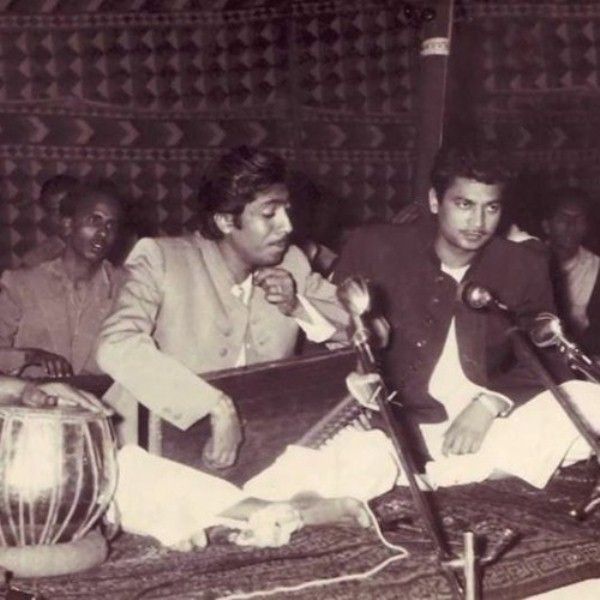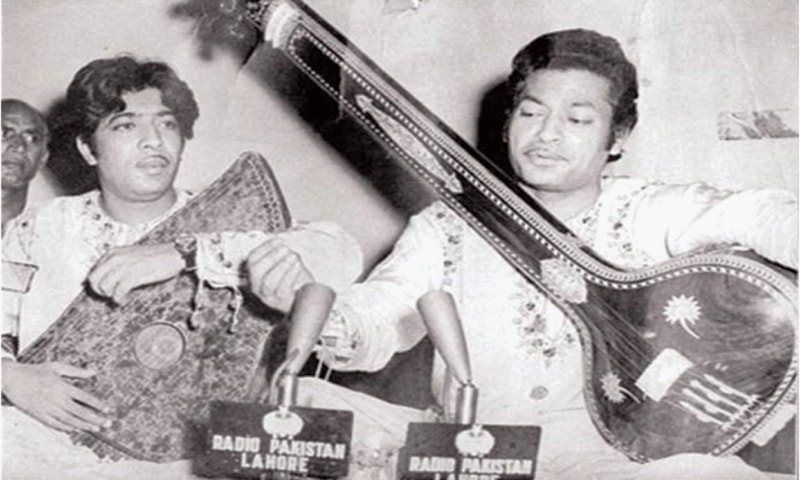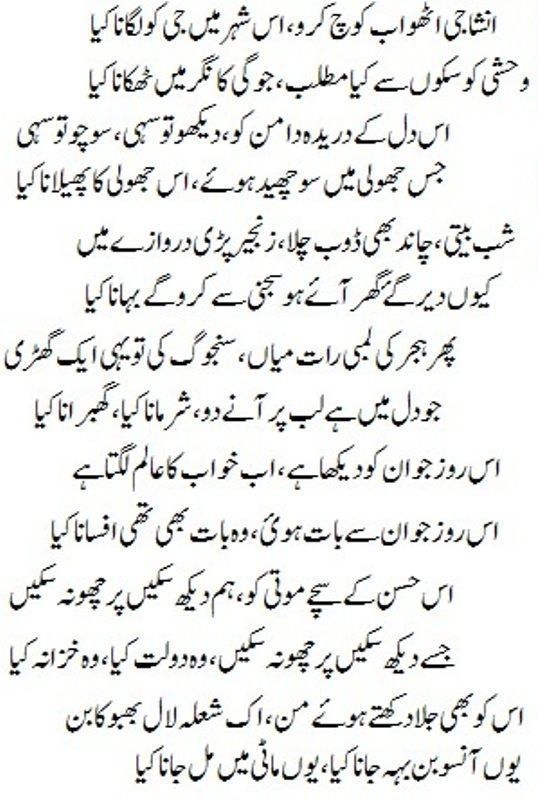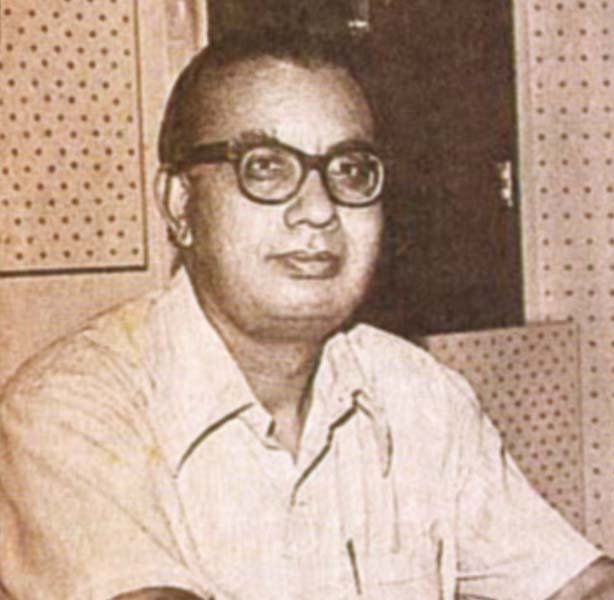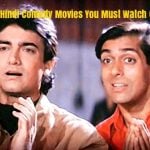Ustad Amanat Ali Khan, Age, Death, Children, Family, Biography & More
Some Lesser Known Facts About Ustad Amanat Ali Khan
- Ustad Amanat Ali khan (1922-1974) was a Pakistani vocalist, ghazal singer, and composer. He was among the fourth generation of Patiala Gharana that used to perform traditional and classical Hindustani music.
- He was an expert in singing Khayal, Thumri, and ghazals and was known as “the maestro of the Patiala Gharana” for his exceptional voice.
- After the partition of India in 1947, Ustad Amanat Ali Khan migrated to Pakistan with his family.
- He started learning music when he was a child from his father, Ustad Ali Baksh Khan, who was a renowned vocalist under the patronage of the Maharaja of Patiala.
- Ustad Amanat Ali Khan started singing and recording music along with his younger brother Ustad Fateh Ali Khan (popularly known as Bade Fateh Ali Khan) at a very young age. The duet of brothers started performing in the court of Maharaja of Patiala Yadavinder Singh in their mid-teens.
- In accordance with the rule in Patiala Gharana, the singers usually sing in duets in which one sings in upper notes and the other in lower notes. Among the duet of Amanat Ali and Fateh Ali, Ustad Amanat Ali Khan had a good command over sur, whereas Ustad Bade Fateh Ali Khan had a good proficiency over ragas.
- The favourite raga of the duo of Amanat Ali and Fateh Ali Khan was ‘Ram Saakh,’ which was the signature raga of the Patiala Gharana.
- In 1945, the duo performed for the first time on stage for a mass audience at a concert, which was sponsored by Pandit Jeevanlal Matoo (an influential music aesthete).
- Their performance at the All Bengal Music Conference in Kolkata in 1949 proved to be an overnight fame for the duo and made them a household name. After that, they became the representative of Patiala Gharana and went on an extensive tour of South Asia.
- Ustad Amanat Ali Khan was at the peak of his career during the 1950s and 1960s. He recorded various songs for PTV and Radio Pakistan and also performed in various countries during that decade.
- He worked with various renowned singers including Mehdi Hassan and Ahmed Rushdi.
- His thumri “Kab Aaoge Tum Aaoge” from the album ‘Raag Se Ghazal Tak’ is regarded as an all-time classic of the duo of Amanat Ali and Fateh Ali.
- The duo of Amanat Ali and Fateh Ali performed the raga Puriya Dhanasri and “Sultan e Alam Nizamuddin Auliya” asthai in their stage performance at the Calcutta music conference.
- Apart from classical thumirs and ghazals, he also sang two patriotic songs “Chand Meri Zameen Phool Mera Watan” and “Aye Watan Pyare Watan.”
- In the 1970s, Ustad Amanat Ali Khan wanted to compose a verse through which he wanted to describe the poignancy of urban life in Karachi and Lahore, and he then came across the poem “Insha Ji Utho” written by the renowned poet Ibne Insha and conveyed his desire to Ibne Insha to sing it.
- In January 1974, Ustad Amanat Ali Khan performed the ghazal “Insha Ji Utho” for the first time on Pakistan Television after which the ghazal proved to be the biggest hit in his singing career. The ghazal became so popular that people demanded for playing it again and again.
- The ghazal “Insha Ji Utho” is considered a cursed ghazal as whomsoever was associated with it died within a few days of performing it. Ustad Amanat Ali Khan died at the age of 52 after a few months of performing the ghazal. After his death, the producer of the ghazal Khalil Ahmed died too within a few months.
- In 1978, the poet Ibne Insha who wrote the ghazal “Insha ji Utho” died after suffering from cancer at the age of 50. He died on the same day when the ghazal was broadcasted on PTV. Before his death, Ibne Insha wrote many letters to his friends when he was admitted to the hospital. In one of the letters he mentioned the curse of the ghazal and wrote,
Yeh manhoos ghazal kitno ki jaan ley gi …?’ (How many more lives will this cursed poem take?) ” [1]Dawn
- Among the Patiala Gharana, apart from Ustad Amanat Ali Khan, his son Amjad Amanat Ali Khan and Asad Amanat Ali Khan also died after singing the cursed ghazal. In 2002, the eldest son of Ustad Amant Ali Khan, Amjad Amanat Ali Khan, died after a few days of performing the ghazal. In 2006, Asad Amanat Ali Khan performed the ghazal at a concert for PTV, and like his father, the ghazal became a super hit performance of Asad’s career, but due to ill fate, Asad died on 8 April 2007 at the age of 52.
- After the consecutive deaths of Ustad Amanat Ali Khan, Amjad Ali Khan, and Asad Ali Khan, the succeeding singer of the Patiala Gharana decided not to sing the ghazal “Insha Ji Utho.” The youngest son of Amanat Ali Khan, Shafqat Amanat Ali Khan, while talking about this in an interview, said,
When he died, everyone started associating it with the death,”. He added, “And then Ibne Insha himself died. My eldest brother Amjad bhai also used to sing it. He died. I don’t recall the producer’s name but he too died. And then Asad bhai.”
- In an interview, when Shafqat Amanat Ali was asked about his belief in the cursed ghazal, he said that neither he nor anyone in the family was superstitious. However, he revealed that his family has put an “emotional ban” and doesn’t allow him to sing that ghazal. While talking about this in an interview, he said,
Life and death are in God’s hands. We have no control over it. It’s just the painful memories that this ghazal brings back for us,” [2]The Express Tribune
- Ustad Amanat Ali Khan’s younger brother and his lifetime singing partner, Ustad Bade Fateh Ali Khan, was very close to him that after his death, Ustad Bade Fateh Ali Khan went into depression and stopped singing for a few years.
- Ustad Amanat Ali Khan wrote the lyrics of the thumri “Kab aa’o gey” during his flight from East Pakistan to Nepal. In an interview, his younger brother Fateh Ali Khan, who was present with him on the flight, recalled the whole incident and said that in the late 1960s, they were flying to Nepal at the invitation of Nepal’s King, and their plane faced air turbulence. He said that instead of getting panicked or scared in that situation, Amanat Ali stayed calm, and when Fateh Ali asked him, “Khan Sahib tuhanoon dar naeen lagda” (are you not scared Khan sahib?), Amant Ali asked him for a pen and paper and started writing the thumri “Kab aa’o gey.” He composed the ghazal in Raag Bhairavi and completed it during the flight. [3]The Wire
- Ustad Amanat Ali Khan was the trainer of Indian playback singer Lata Mangeshkar in the initial days of her career in 1945. However, in 1947, after the partition of India, he migrated to Pakistan with his family. [4]NDTV Movies
- Ustad Asad Amanat Ali Khan, one of the sons of Ustad Amanat Ali Khan, died on 8 April 2007 due to cardiac arrest in London. He was buried in the same graveyard, i.e., Mominpura Graveyard, Lahore, Pakistan, where his father, Ustad Amanat Ali, was buried. Later, Ustad Bade Fateh Ali khan was also buried in the same graveyard in 2017.
- In an interview, the youngest brother of Ustad Amanat Ali, Ustad Hamid Ali Khan, praised his brother and said,
Ustad Amanat Ali Khan was our family’s prodigy and his songs will remain iconic. The entire world was witness to his talent and it is due to which he ruled the world with his voice. He learnt classical singing from his elders and proved himself professionally. Besides being a top classical singer, he was also a beautiful man enriched with humility.” [5]The Express Tribune
References/Sources:

